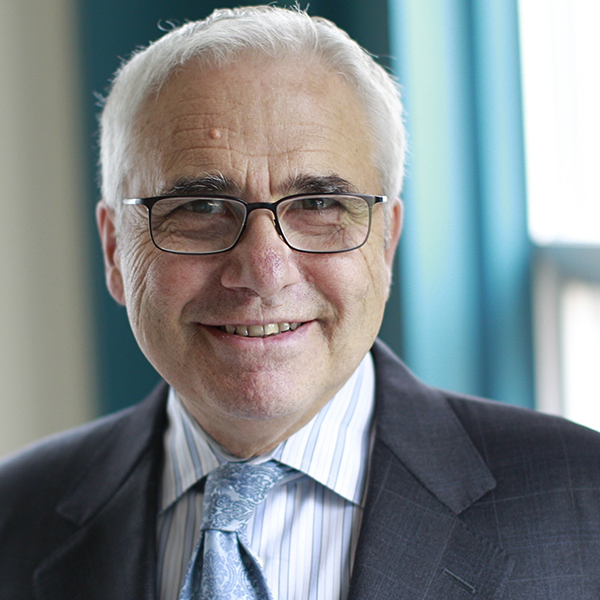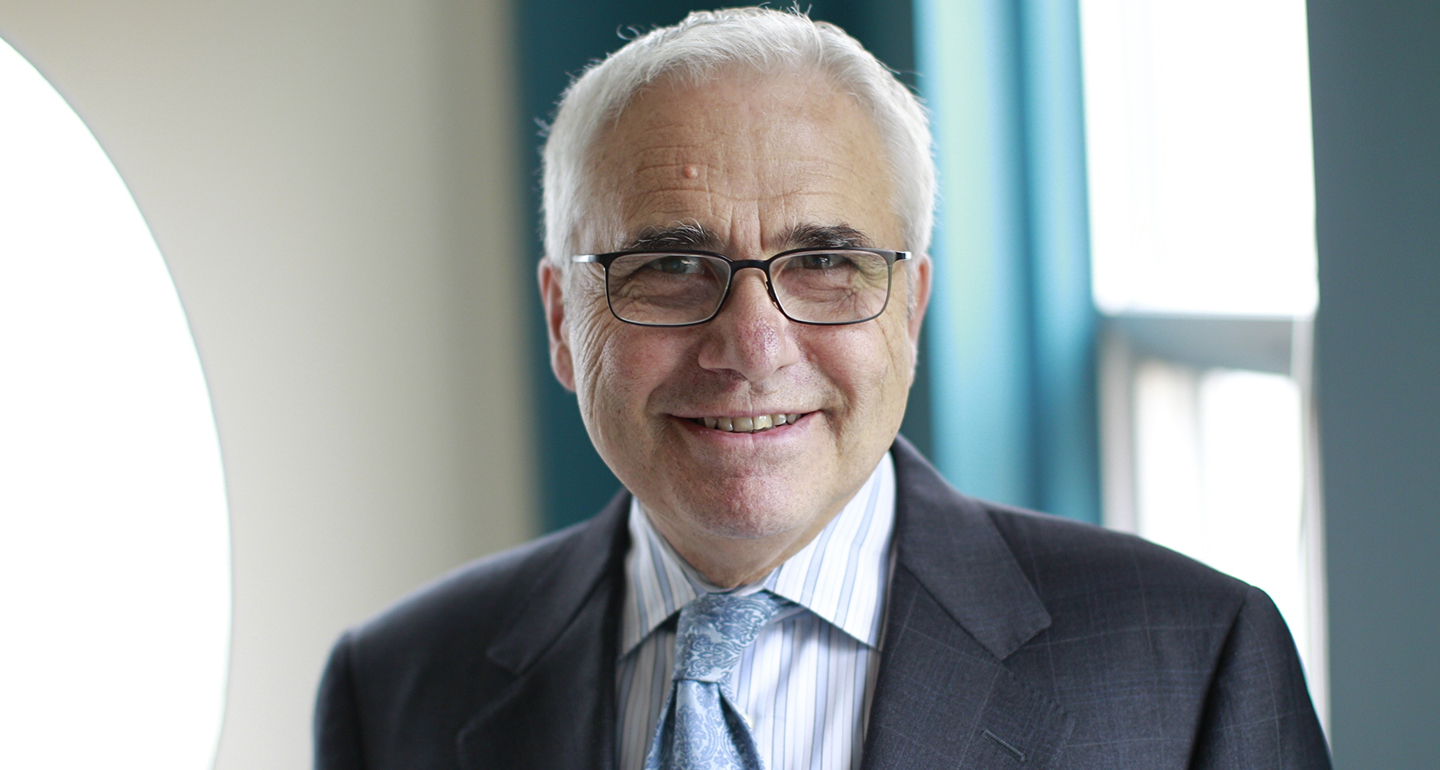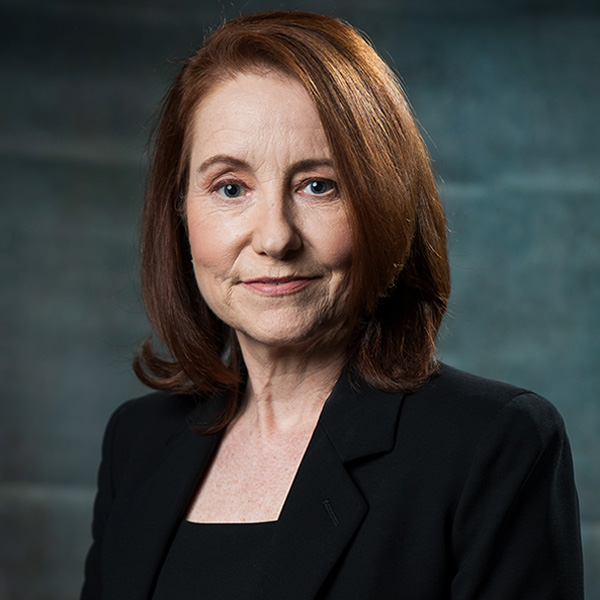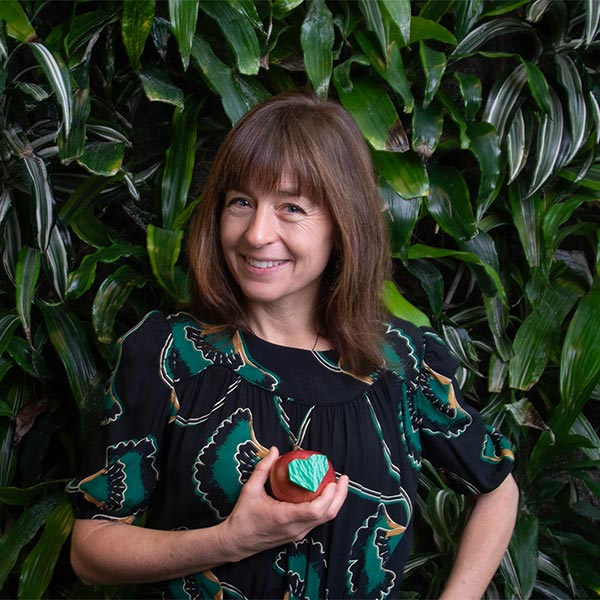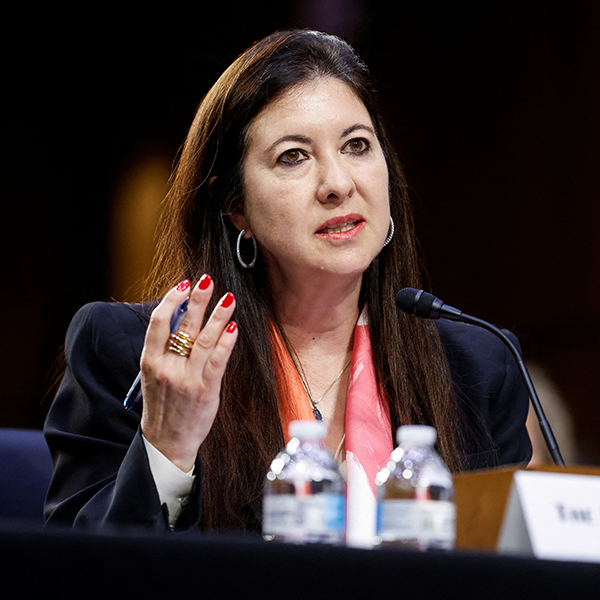Language is the raison d’être behind Raymond Théberge’s new job in Ottawa, which seems fitting for a man whose career has revolved around it.
“I’ve always been fascinated, my whole life, with language,” says Théberge, PhD’84, Canada’s new commissioner of official languages.
Or, as he put it to a House of Commons committee in December following his nomination, language is “at the heart of my identity, the central value that defines me.”
Théberge stepped into the position in late January, the first official languages commissioner from the West. He grew up in Manitoba, in tiny Sainte-Anne-des-Chênes, which was “for all intents and purposes” completely French, he says.
“The francophone community in Manitoba is not very large. But what was interesting is that within that community, which is very active and very vibrant, it made you very resilient. You had to find ways to basically either get French education, or try to live in as many spaces as possible in French.”
It gave him a clear idea of what’s needed for a community to survive and grow, he adds.
“I bring sort of that lens when I look at the communities across the country, whether they’re francophone communities or the anglophone minority in Quebec. What do they need to ensure their vitality as communities?”
As commissioner, Théberge oversees the application of the Official Languages Act and supports the preservation and development of official language minority communities. He comes to the job after a lengthy career in academia as well as stints as a senior public servant in education in both Manitoba and Ontario. He also worked as an activist with the Société franco-manitobaine in the early eighties and was once its director general.
Most recently, Théberge served as president of the largest French-language university in Canada outside Quebec – the Université de Moncton. “All the leaders in the [Acadian] community over the last 50 years – whether it’s law, politics, business – have all come though the Université de Moncton,” he says.
“It shows you the power of education, and the power of institutions in transforming communities.”
Théberge obtained his PhD in linguistics at McGill where his dissertation focused on second-language reading disabilities.
“I really enjoyed my time at McGill,” he says. “I was totally immersed in what I was doing, and it was challenging … I basically did all my education with one little break. I just love to learn.”
Key issues for his office today include early childhood education in the minority language and immigration. They’re working with federal immigration officials to try to establish targets for francophone immigration outside of Quebec, Théberge says. “How can we ensure that these immigrants will be selected and then integrated into the [francophone] communities?”
Part of his job will also involve monitoring the state of the English-speaking community in Quebec, a linguistic minority in a French-speaking province that sees itself as a minority on a continent where English is the dominant language. “The dynamic is unique to the province, which of course leads to certain insecurities around language,” says Théberge.
The commissioner says it’s important to get a better understanding of the needs of Quebec anglophones, “not just in Montreal, [but in] the western parts of the province, in the Townships, in Gaspé. I intend to meet with the leadership [of these communities] and see how we can ensure that they get the services that they need.”
One reason Théberge says he decided to apply for the commissioner’s position is his read of what’s happening in terms of linguistic duality and its place in Canadian society.
“I think there’s a conversation that has to happen about where we are going with this. I see linguistic duality as being a foundation – it’s a foundational piece of Canada,” he says.
“When we talk about diversity, I look at building on this foundation … The way I see it, [linguistic duality] is the foundational piece, and then we can build our diversity house, if we want to, on that. But to me, it’s one of the fundamental values of Canada.”
Asked about his view on the state of French in Canada outside of Quebec, Théberge mentions the dramatic rise in the number of students in French schools across the country.
“To me, that’s a key indicator of the vitality and resilience of these communities. When I was working in Ontario for the Ministry of Education, I used to use the old phrase, ‘Build it and they will come.’ And every time we build French schools, pretty well anywhere, they’re full the minute they open.
“So I’m very optimistic about the future, because the more students you have in French schools, they become parents later on, they become more engaged in the community … Of course, we do have challenges, but if I look at the schools, I think we’re on the right path.”
